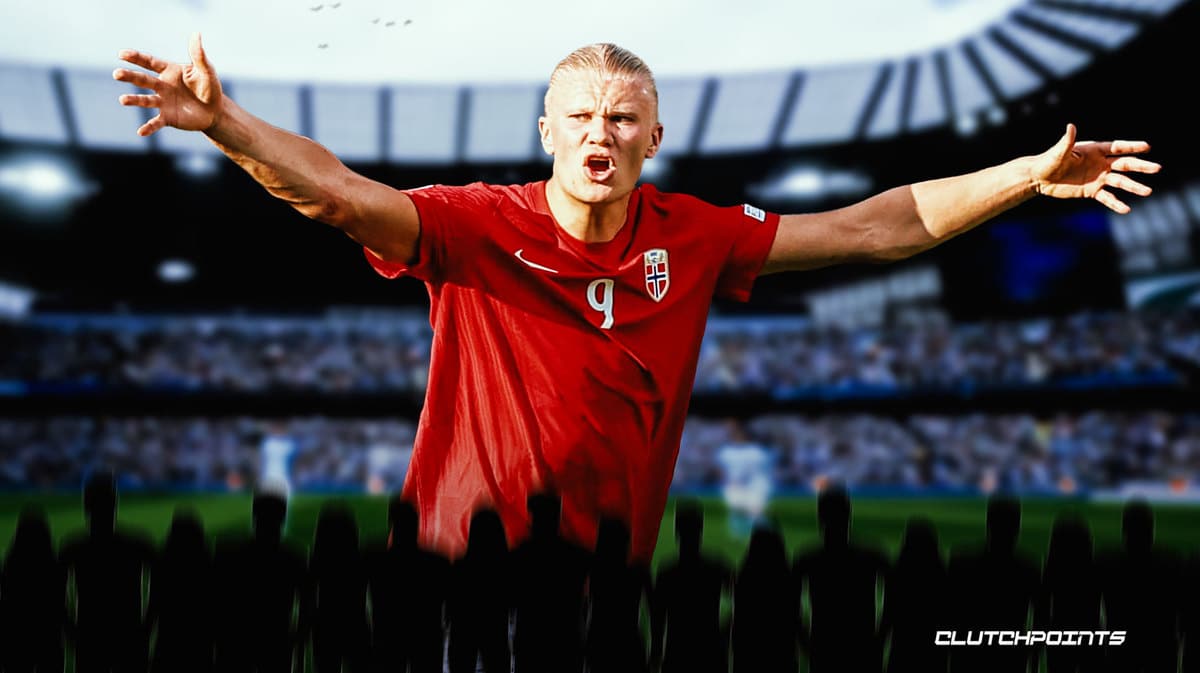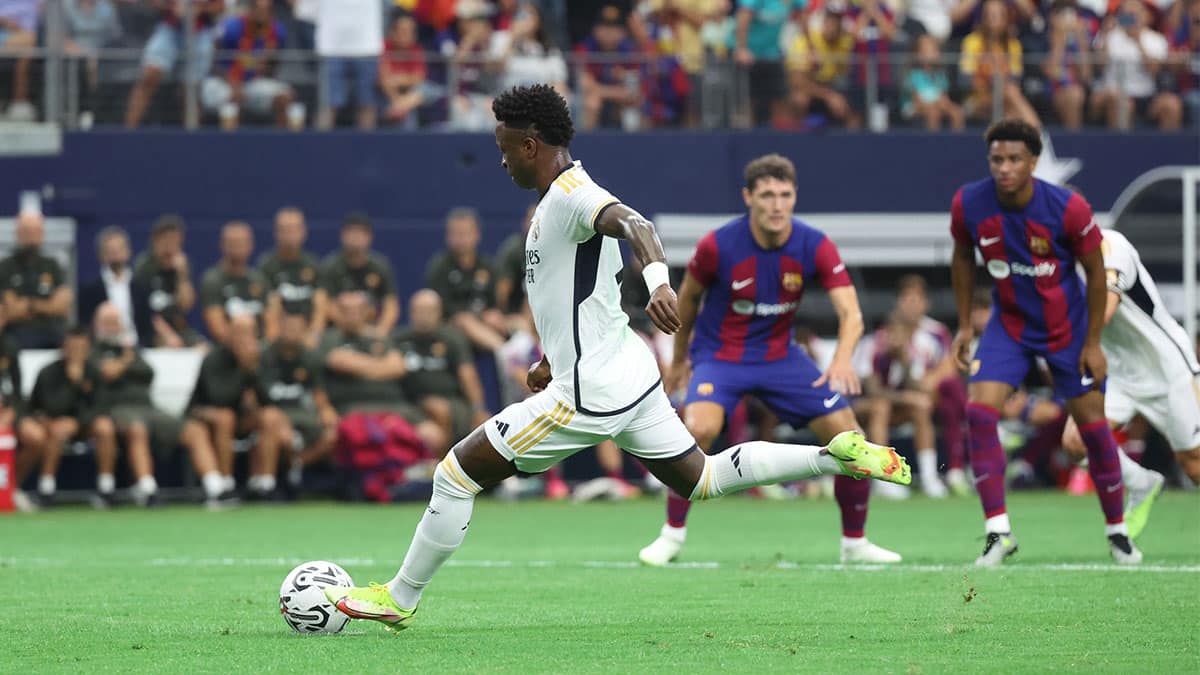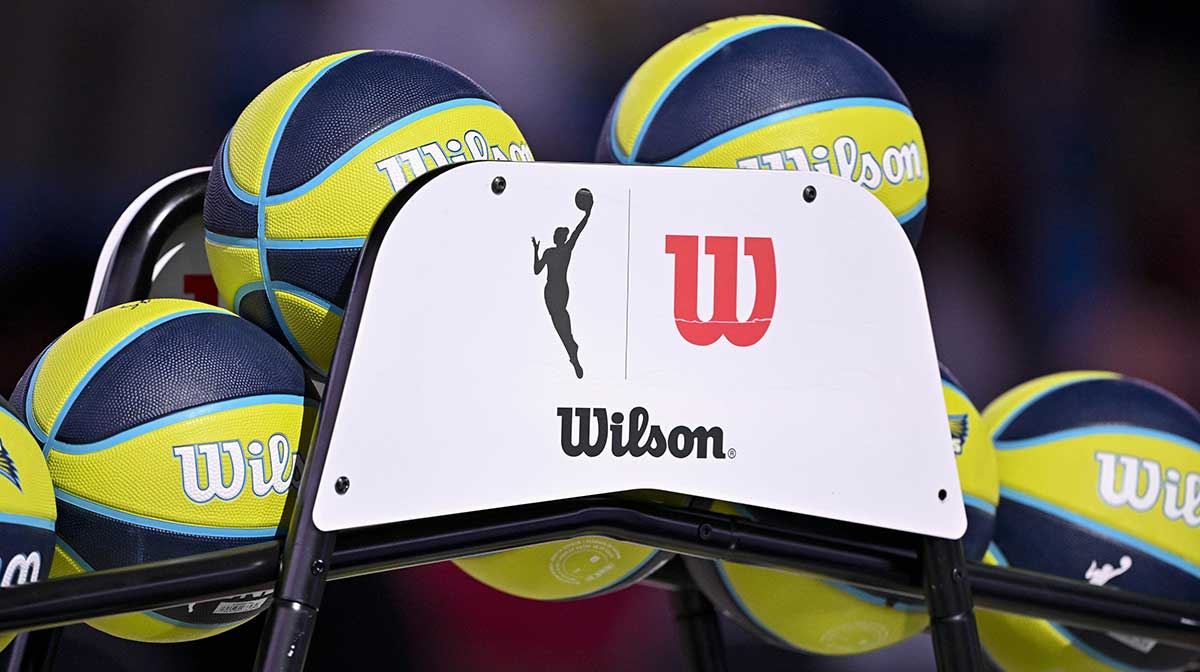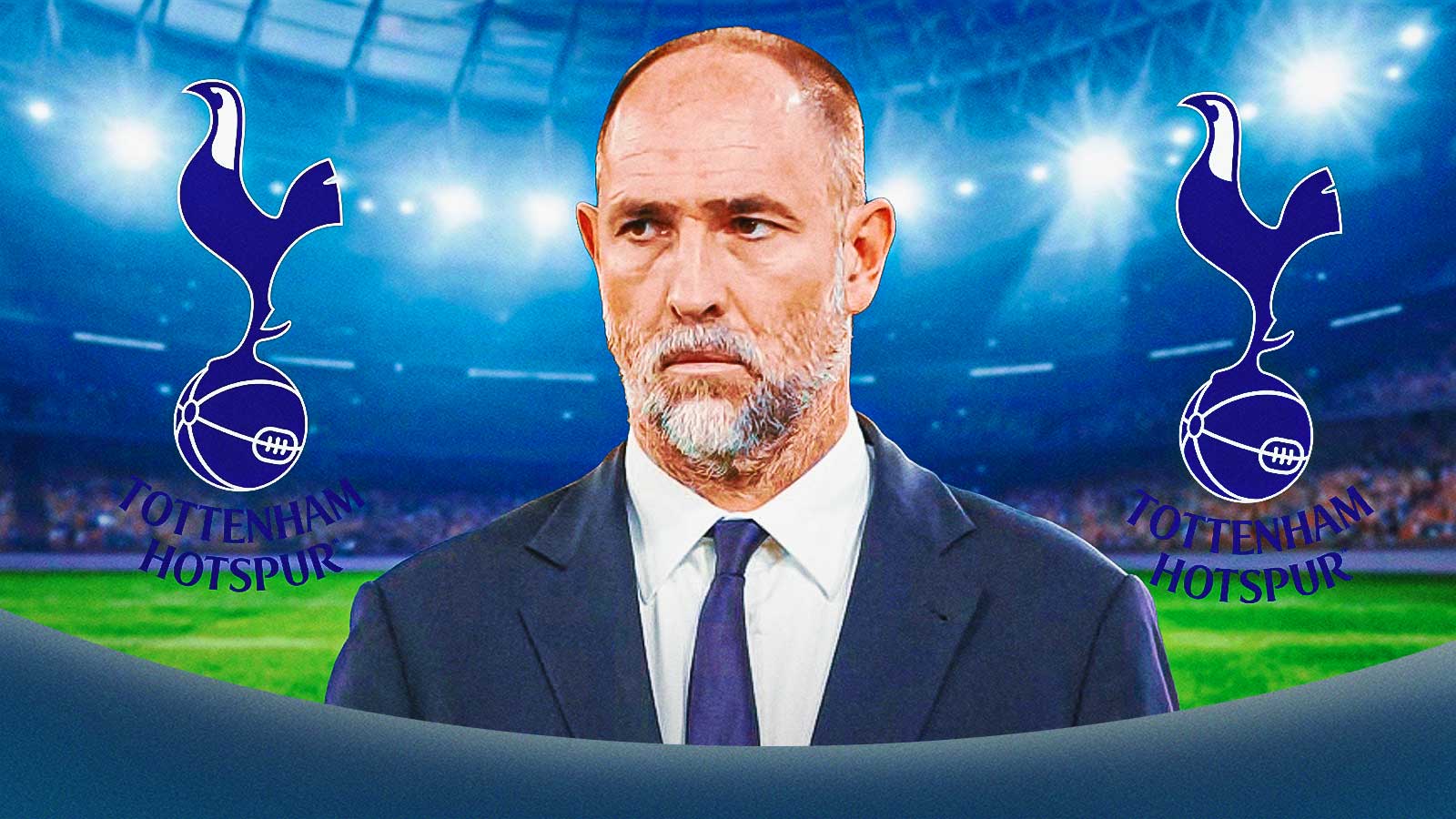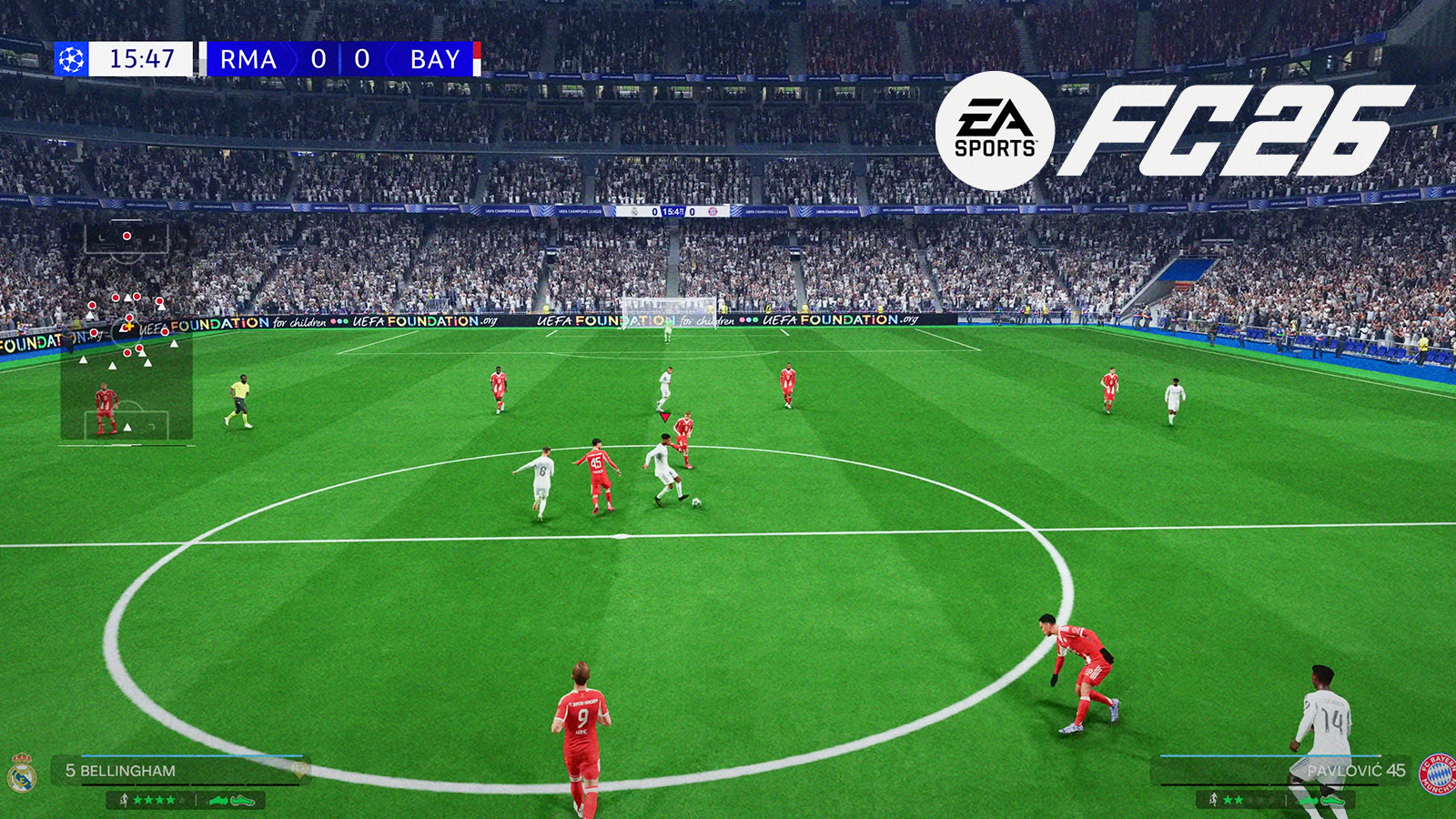Norway's star striker Erling Haaland faced a frustrating turn of events in his team's Euro 2024 qualifier against Scotland, as he was forced off the pitch during their 2-1 defeat, reported by goal.com. Haaland, who had initially opened the scoring for Norway, was unable to continue playing, leaving his team with an uphill battle.
Norway coach Stale Solbakken shed light on the decision to substitute Erling Haaland, explaining that the young forward had requested the change due to exhaustion. Despite Norway's domination of the match at the time, Haaland's energy levels had depleted, leaving him unable to contribute effectively. Solbakken emphasized the challenging circumstances, citing the high temperatures and Haaland's recent workload as factors contributing to his fatigue.
The Norwegian striker's exceptional season with his club side, City, saw him achieve remarkable success, including winning the Champions League, Premier League, and FA Cup. However, the quick turnaround between these club triumphs and international duty likely took a toll on Haaland's physical condition.
Solbakken's decision to remove Haaland from the match had a noticeable impact on Norway's performance. With their star striker absent, the team struggled to maintain their dominance, allowing Scotland to seize control and score two goals to secure a victory.
Looking ahead, Solbakken will consider Haaland's fitness before deciding whether to include him in Norway's next Euro 2024 qualifier against Cyprus. With limited recovery time, the coach will weigh the importance of Haaland's presence against the potential risk of overexertion.
Haaland's absence against Scotland served as a reminder of his importance to the Norwegian team and the challenges they face in his absence. The 22-year-old's remarkable goal-scoring prowess and influence on the pitch make him a key asset for Norway's ambitions in the Euro 2024 qualifying campaign.
Norway's encounter with Scotland serves as a valuable learning experience for both the team and Haaland himself. It highlights the importance of player management, considering the demanding schedules and physical toll that top-level football can exact.

